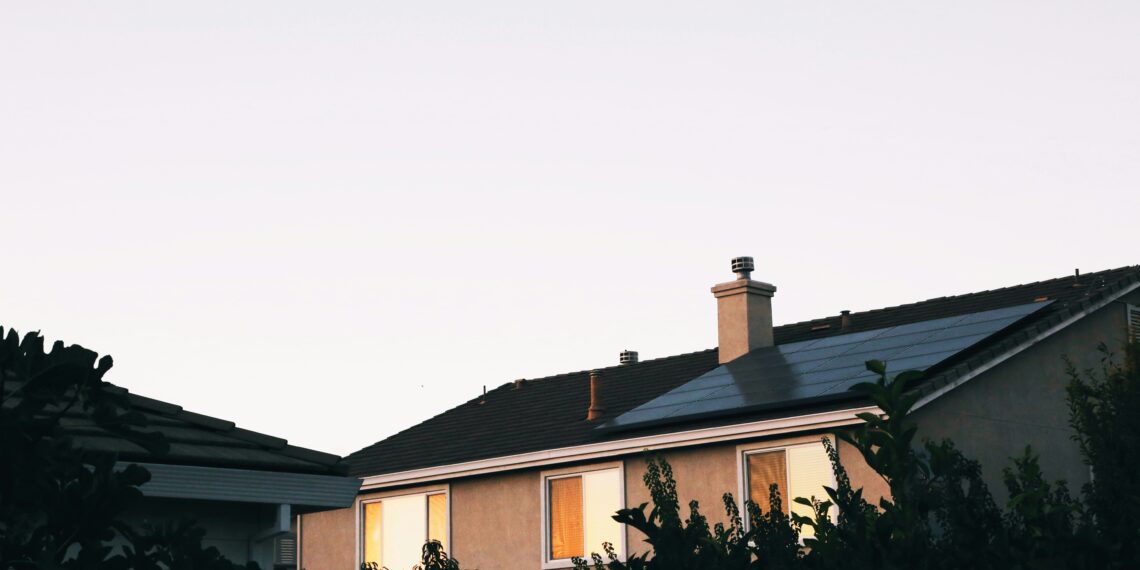Solar power is far from solely the province of tree huggers — it has some serious perks that go well beyond protecting the planet. Why should you take that tax refund and use it for your down payment on making the switch?
Fossil fuels are not inexhaustible resources. Continued energy production means switching to sustainable sources like the sun, which will continue burning for billions of years. Fortunately, there aren’t many downsides to transitioning other than the initial cost of installing a solar system. There are, however, several additional perks. Here are seven benefits of switching to solar that will have even skeptics making the call.
1. Tax Credits
The Inflation Reduction Act of 2022 extended home energy tax credits, bumping the solar credit from 22% to 30% through 2032. Although it’s a non-refundable credit, you can carry over any unused portion to reduce your liability in later years — the government absorbs nearly a third of the cost of conversion if you act relatively quickly.
Additionally, some states grant additional tax credits for solar. Check with the Database of State Incentives for Renewables and Efficiency for eligibility information.
2. Environmental Perks
Fossil fuel burning creates the vast majority of global greenhouse gas emissions. Switching to solar is far more efficient at greening your overall carbon footprint than recycling or composting. While such activities matter, they make less of an impact, especially if you also drive an electric car that you charge at home, courtesy of the sun.
3. Influencing Others
Have you ever wondered what makes some things go viral? No matter how good an idea is, it only spreads when many people support it and pass it on to others.
Adding solar panels to your home can create a monkey-see, monkey-do effect among your neighbors, especially when you share your pleasant experience with others. Go ahead and rave about your low power bills on your local Next door or community social media page.
Some communities have even gone the extra mile to help their neighbors make the switch. Solar collectives increase energy independence for entire neighborhoods while helping those who may struggle with the upfront costs to join in the perks.
4. Cost Savings
You can slash the cost of heat and lighting by approximately 75% by switching to solar. Best of all, it’s not a one-off. Your bills remain that low over the lifetime of your system, which can last decades before any of the components need replacement.
In fact, going solar can be an effortless way to save toward retirement. If you know you’ll have a lower income once you hang up your apron, pay off your system now while reaping the tax benefits and know you’ll have one low, predictable monthly power bill for life.
5. Energy Independence and Security
A fossil fuel-powered grid is inherently vulnerable because electricity only travels in one direction — from the plant to the customers. As a result, millions can lose power if an outage occurs anywhere up the line.
Conversely, a solar grid offers greater energy independence and security. Inverters can isolate individual homes or community solar-generating facilities from the larger grid if an outage occurs elsewhere but otherwise remain interconnected, ensuring a steady collective electricity supply. A stretch of cloudy days in one region simply means borrowing power from a sunnier locale.
Know more about the Best Ways to Save Energy at Home.
6. Low Maintenance
Solar panels are easy to maintain. In general, cleaning them once or twice a year keeps them functioning at their most efficient. Also, there’s a much lower risk of fire from solar power than fossil fuels.
7. Increase Property Value
Multiple surveys have had respondents stating they’re willing to pay more for sustainability. Does this sentiment extend to solar panels on homes? Apparently yes, as the average ROI for these devices stands at roughly 10% in the U.S.
When Is the Best Time to Switch Your Home to Solar?
Many people wait to switch to solar until they need a new roof. That’s one option, as is planning to complete your payments before hitting retirement. However, you can begin reaping the savings at any time.
Whether your motivation for shifting to solar stems from a prepper’s desire for energy independence or your fervent wish to do your part for the planet, getting your power from the sun fulfills your needs. Waiting means continuing to pay higher electric bills each month.
Benefitting From a Solar-Powered Home
Are you considering making the switch? The benefits of a solar-powered home go well beyond saving the planet — although some argue that’s their most critical perk.
However, solar power also saves you money each month, provides more predictable bills in retirement, increases your property value and creates energy independence. You get all that and the peace of mind that you’ve done your part to protect planet Earth.









